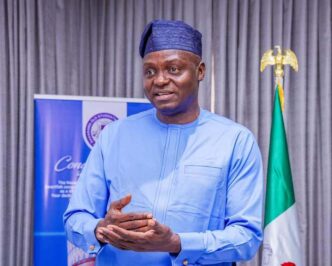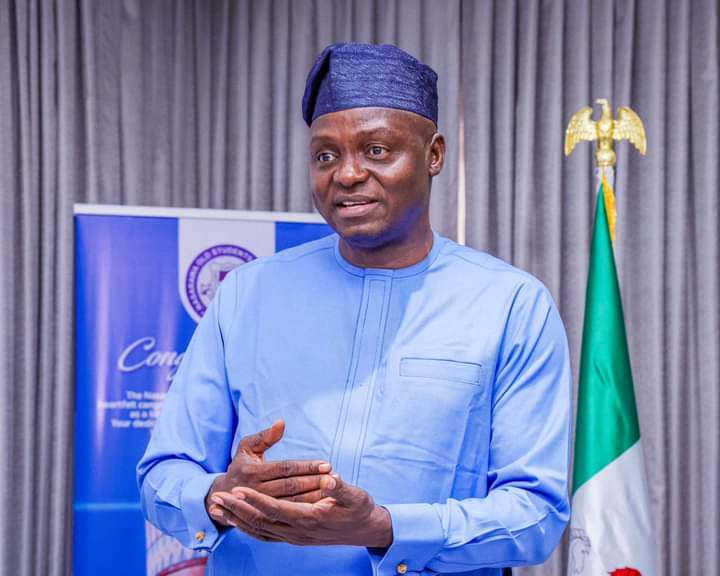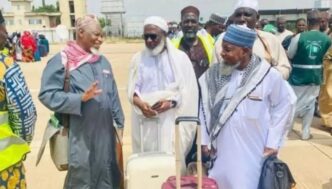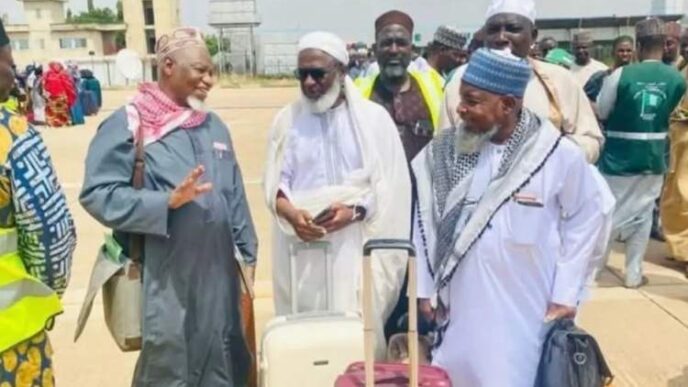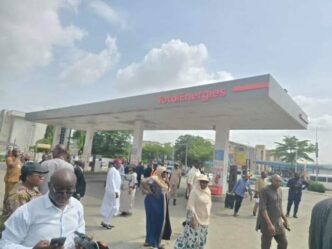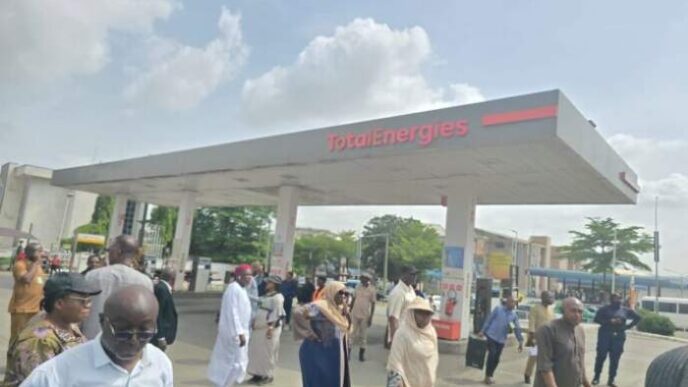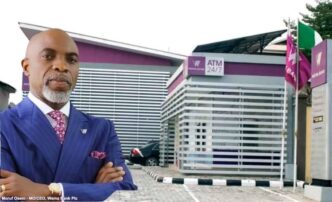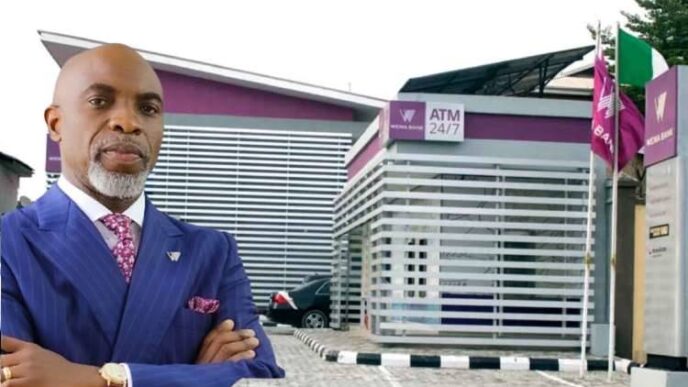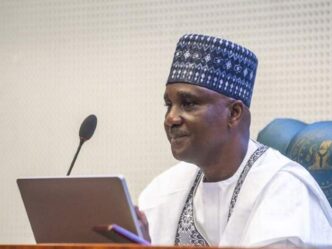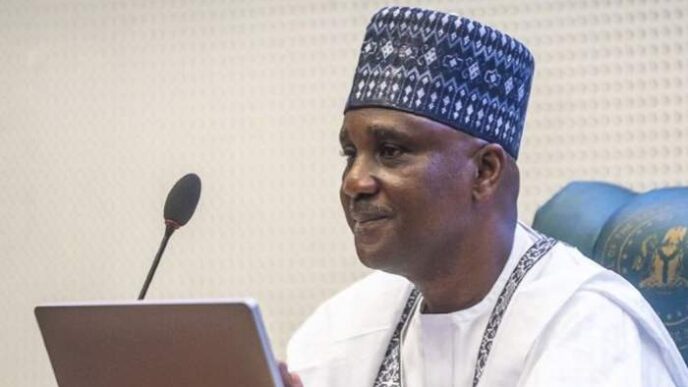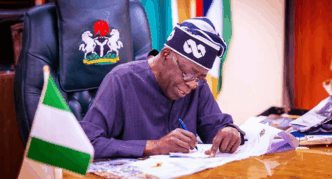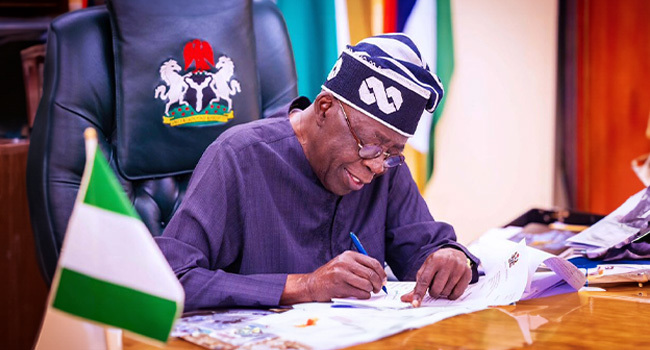Prof. Nentawe Yilwatda, the Minister of Humanitarian Affairs and Poverty Reduction, has said that six million Nigerians have benefited from the Federal Government’s Conditional Cash Transfer (CCT) programme within just six months.
Yilwatda made this known while addressing participants at the Skills-to-Wealth (S2W) Training Programme held in Jos, the capital of Plateau State.
He contrasted the recent progress with the programme’s previous pace, stating that in the past nine years, only two million Nigerians had benefitted in total.
He emphasized the ministry’s adoption of a more efficient and digitized strategy.
“Only two million people benefitted from the conditional cash transfer in the past; it simply means that in nine years of that programme, just 200,000 people benefited in a year.
“We are in the process of digitising all the homes of people on the social register, giving them digital identity, creating e-wallets account for them, and carrying out physical verification.
“We have removed a lot of names from the social register that have errors. They are not known, and we couldn’t verify and identify them and their homes within the social register.
In six months, we have reached out to six million people; it simply means that we are doing one million people per month,” he said.
Yilwatda also projected that by October, 15 million Nigerians would be enrolled in the programme, in line with the directive of President Bola Tinubu.
“The President wants to ensure that before October, we can support 15 million households.
“The President has directed that we should ensure that that money reached these people in nine months,” he added.
“To ensure accountability, the ministry engaged the World Bank to independently verify the beneficiaries of the programme.
“After we delivered to the first four million people, I asked the World Bank to set up an independent team to do a verification of these people we are paying.
“We wanted to be sure that we were doing the right thing, and the result revealed that the people we paid were actually on the social register.
“They visited the homes of the beneficiaries and met 96 per cent of them in person.
“The remaining four per cent that they couldn’t verify are those in hard-to-reach areas and those who migrated due to insecurity,” Yilwatda explained.

